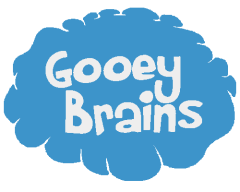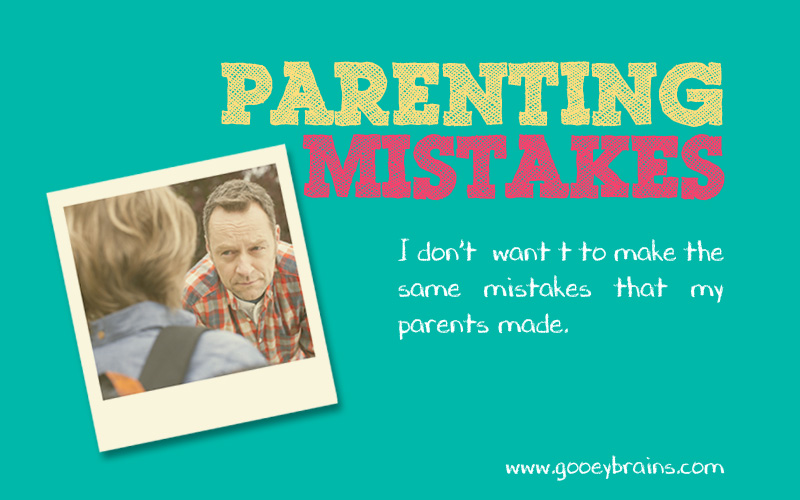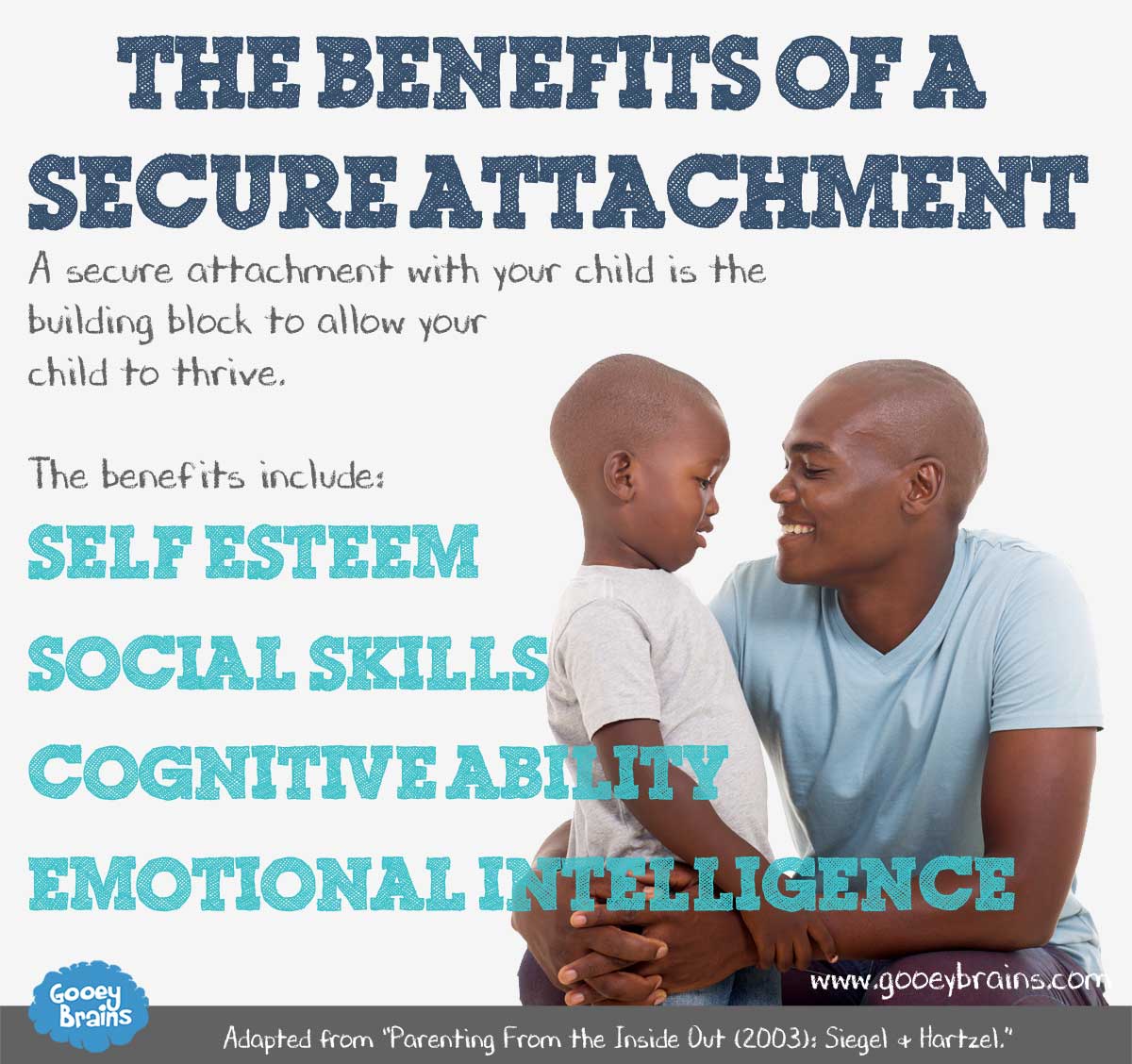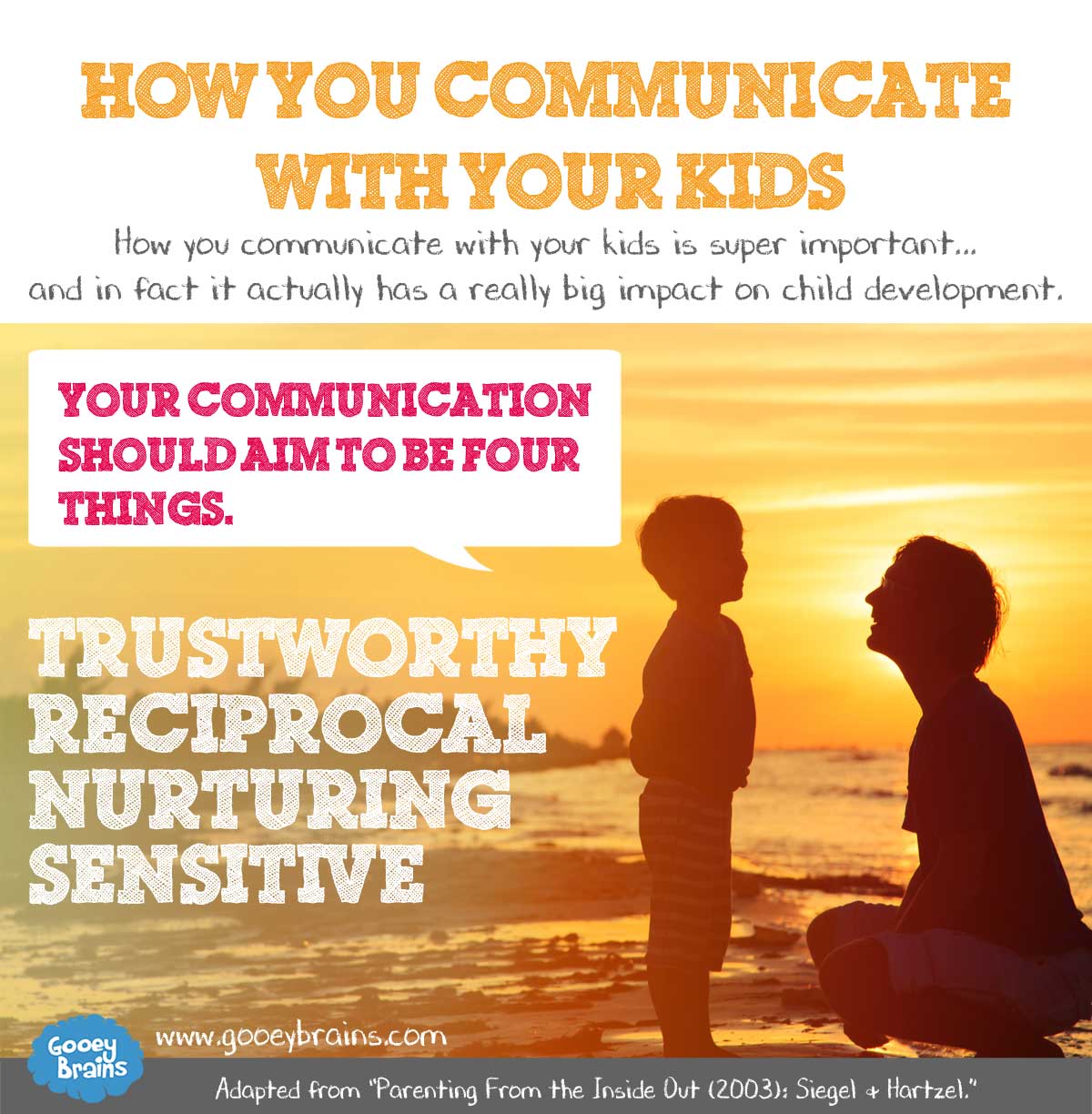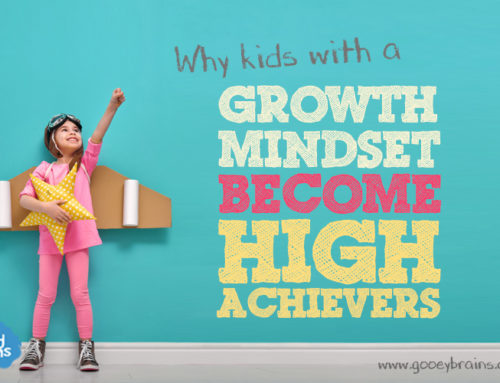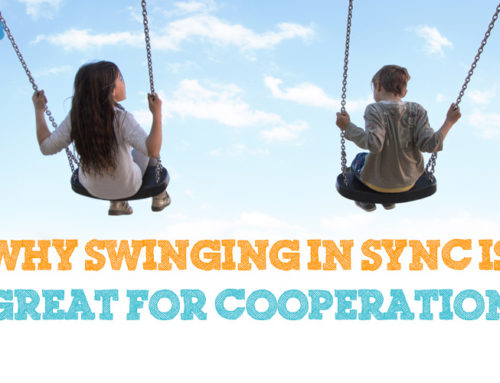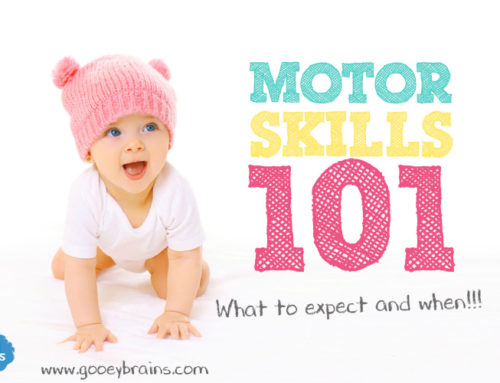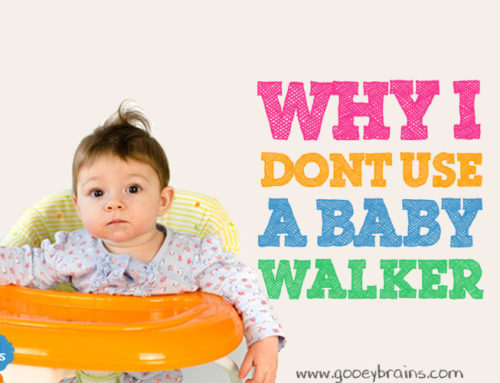We all know that being a parent is hard work. It is joyful, rewarding, and really really hard work! When we first begin our adventure into parenting we have certain ideas about what type of parent we want to be. Good cop or bad cop? Leader, coach or best friend? It is also really common that most parents want to do some things differently to how their own mum and dad parented them as a youngster. For some of us this is an opportunity to expand upon and improve on our wonderful childhood experience. For others, it is an opportunity to change adverse childhood experiences and ensure that history does not repeat. In any case, most parents find that that they are hopeful that they will do things differently, say things differently and react differently to their own parents. The strange thing is that no matter how much you might want to parent differently to what was role modeled when you were younger, as you take on the role of a parent for the first time you are very likely to repeat those same phrases, reactions and behaviours! Annoying, right?
What we know about parenting is that our own early childhood experiences actually have a huge impact on how we parent our own kids.
The science behind
child development has shown us that the quality of the attachment that your child shares with you is actually strongly connected to your understanding of your own childhood experiences. This means that your family history is actually really important to your parenting capacity today.
This doesn’t mean that parents who had negative experiences as a child will pass these onto their own offspring. Whether your experiences as a child were positive or negative is not the critical factor. What matters is how you have come to make sense of these experiences and understand them as an adult. If you experienced a challenging childhood but have learned how to understand these experiences then it isn’t inevitable that you will recreate these negative experiences with your own children. But, it also means that if you haven’t come to understand your childhood experiences then you are likely to pass these down to the next generation through your relationship and interaction with your children.
So why is it so important to remember and understand our childhood experiences? Well, those experiences aren’t just stories. They are emotional states, beliefs and attitudes that we carry with us. Usually we can’t change the past, but we can learn to think about the past in different ways. Restructuring the way that you think about the past events will help to manage and alter the connected emotions and perceptions. When we have an understanding of the past we can start to build strong and secure relationships with our own kids. The quality of this relationship is super important. Did you know a secure attachment with your child is the building block to allow your child to thrive at lots of other things?
Some of these things are:
-
Emotional Intelligence
-
Self-esteem
-
Cognitive ability
-
Social skills
A good way to buffer against repeating the mistakes of your parents is to learn how to effectively communicate with your kids. Your communication style can be influenced by your family history. This actually has a really big impact on child development. Insensitive communication can have a negative impact on a child’s self esteem and identity. This in turn influences their behaviours and their ability to master skills and achieve success.
A good communication style should aim to be four things:
- Sensitive
- Reciprocal (not one sided)
- Nurturing
- Trustworthy
When we communicate in this way to our kids then their brains can grow! They form secure and trusting relationships with us which actually helps them to succeed in lots of areas of their development. Often, when parents experience difficulty in communicating in this manner it can be linked to a lack of understanding of their own childhood experiences and how their parents interacted with them.
Remember, none us had the perfect childhood! But, some of us faced many more challenges than others. If you feel like you are still struggling to make sense of the events of your childhood or that you are concerned about history repeating, you could seek help from a health professionals such as doctor or psychologist, or discuss your concerns with your midwife.

